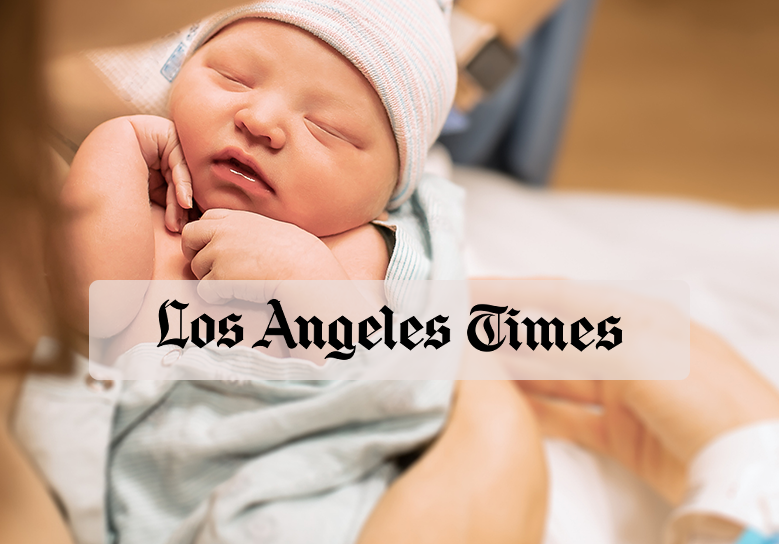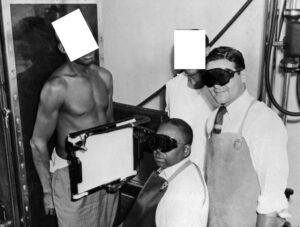RSC’s AI program is designed to improve IVF by selecting the best embryos for implantation
 The AI program helps physicians and embryologists identify embryos most likely to result in a pregnancy and increases RSC’s database of knowledge, while the success rate of IVF pregnancies has increased to around 68%. AI can also help determine which embryo created through IVF has a better chance of becoming a baby, and provide data on the rate of chromosomally normal embryos. All that being said, the AI program is not making decisions.
The AI program helps physicians and embryologists identify embryos most likely to result in a pregnancy and increases RSC’s database of knowledge, while the success rate of IVF pregnancies has increased to around 68%. AI can also help determine which embryo created through IVF has a better chance of becoming a baby, and provide data on the rate of chromosomally normal embryos. All that being said, the AI program is not making decisions.
“Nobody wants a machine to fully make medical decisions; machines have no bedside manner and don’t know the nuances of a patient’s desires and needs,” said RSC’s Dr. Mary Hinckley. “But you want a clinic that integrates that machine learning, which might be better than a doctor’s memory and experience, because it’s more reliable. Good doctors use medical science and technology but they add the personalization of patient care to make AI come alive and feel personal while being precise.”
With AI and machine learning being trending topics in fertility medicine, Dr. Hinckley identifies them as essential components of moving fertility medicine into a more scientifically based field. One of her patients, Erin Hale, who has one child through the help of RSC’s AI program and another on the way, approves of this plan.
Though AI may have a futuristic connotation, Hale said using historical data compiled by machine learning increases the odds of IVF success. “There is no downside! A data informed selection is better than pure randomness and chance.”




